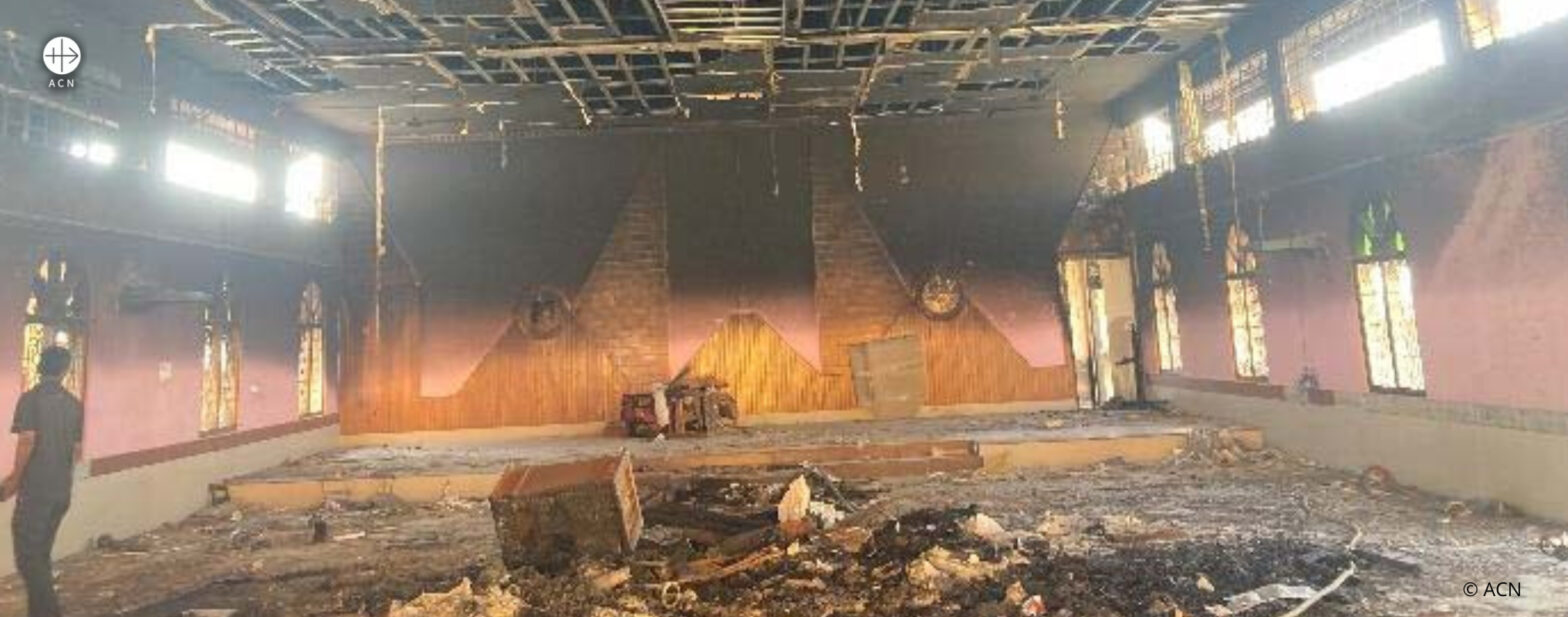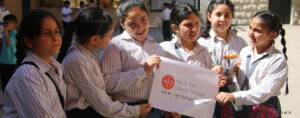Local Church sources have little doubt that the clashes that have pitted Hindus against Christians in the state of Manipur are part of a wider agenda to encourage the Hindu base to vote for the ruling Bharatiya Janata Party (BJP) in upcoming elections.
The fierce clashes that have been going on for weeks in the state of Manipur, India, are part of a wider scheme to destabilize interreligious harmony and raise support for the political Hindu nationalist BJP in India, according to an Indian bishop who spoke on the phone to pontifical charity Aid to the Church in Need (ACN).
The bishop, who asked not to be identified for safety reasons, is in direct contact with Christians on the ground in Imphal, the capital city of Manipur, and its surroundings.
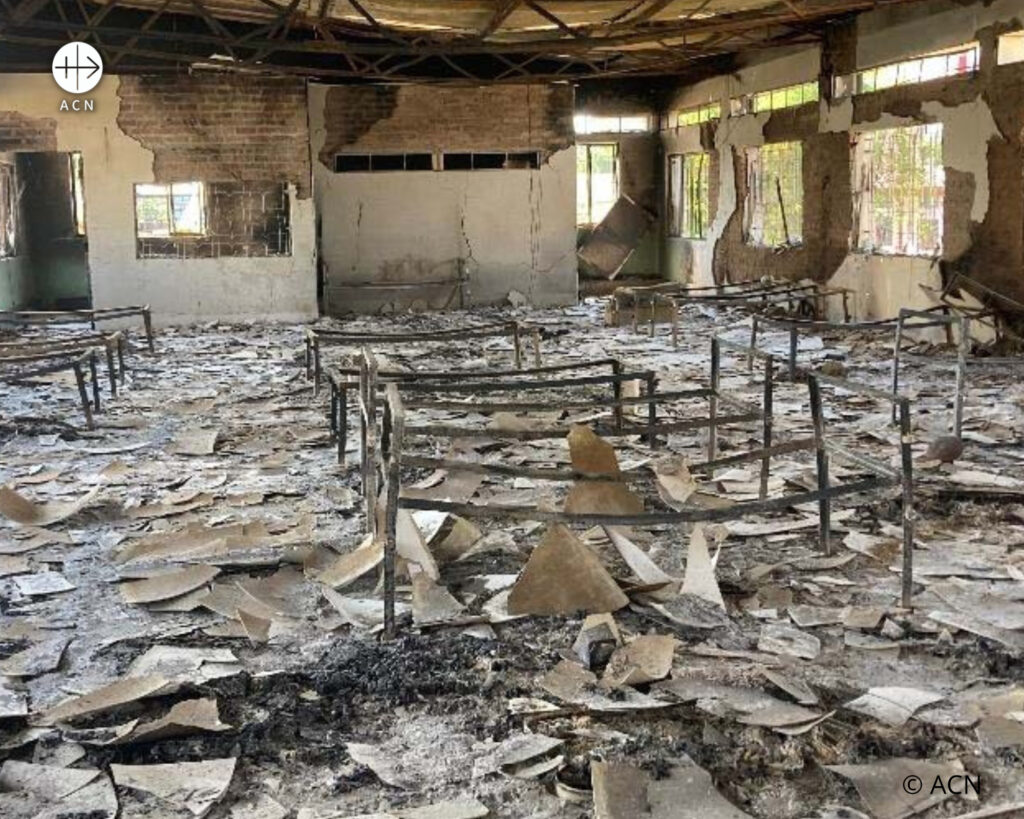
“Many lives have been lost. What the newspapers are giving are the confirmed cases but there are many more lives lost than officially published. The violent activities in the peripheries outside the capital city are very much underreported,” he explained.
On the other hand, a report sent to ACN by the Archdiocese of Imphal on June 20 claims that over 50,000 people have been displaced by the fighting.
“The real reason for the problem is the size of the Christian population. The Kukis and the Nagas together occupy a huge portion of the state’s land. What the Hindus, or the Meiteis, feel is that they should be allowed to go and occupy land owned by the tribals. That is the real problem here. The BJP runs both the federal government and Manipur, so there is tacit permission to go ahead,” commented the bishop during his interview with ACN.
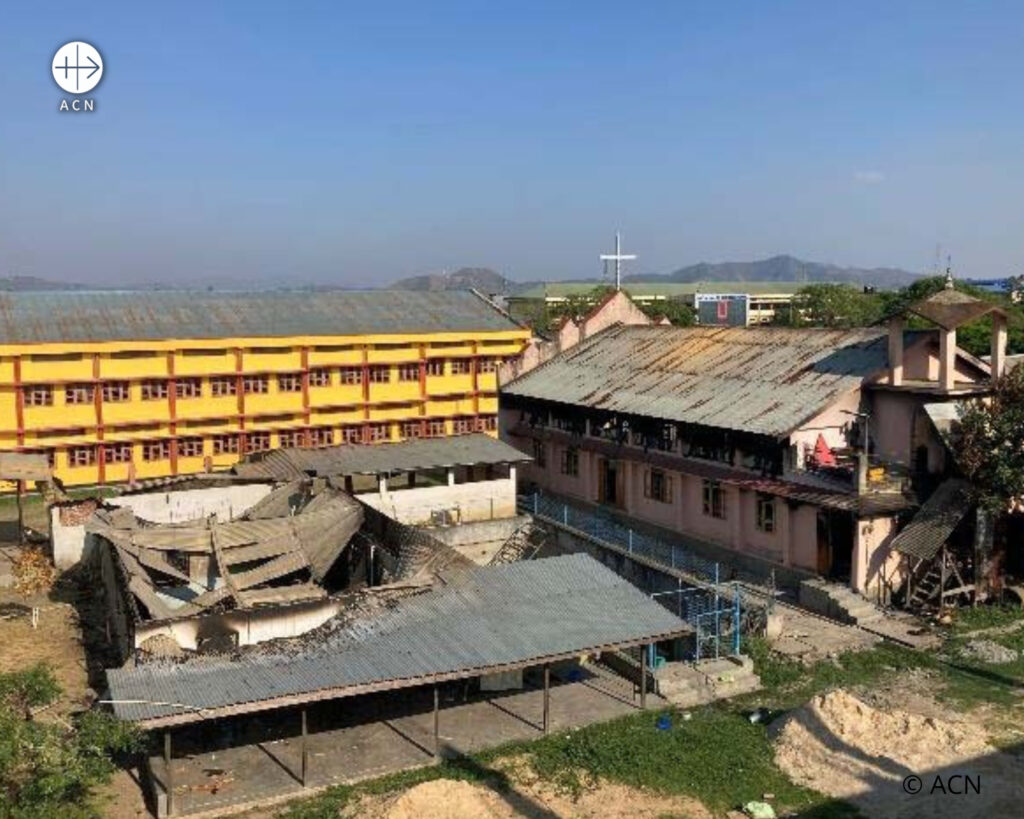
Though the official narrative continues to be that this is an ethnic dispute, the bishop said that it has become an interreligious problem. “There are Christians also among the Meiteis, and many of their churches have also been destroyed, which is clear proof that it is not just a situation of land,” he said. The bishop added that “the end of this is nowhere in sight. It is going to be quite long. And the mistrust created between the two groups will not easily die out.”
Suspicion of state complicity
These opinions are confirmed by reports received by ACN from local sources this month, which put the number of Meitei Christian churches destroyed since the beginning of the conflict at 249, Kuki villages attacked at over 200, not to mention the countless homes damaged or destroyed. “The question one must ask, amid the fighting between Kukis and Meiteis, is why did the Meitei gangs burn and destroy 249 churches in the heart of Meitei territory? How did the crowd know where the churches were located, if this had not been planned?”
The report by the Archdiocese of Imphal also openly questions the role played by state security forces. “It is hard to say if the state forces were outnumbered or overwhelmed with calls for help, or if they were complicit. The absence of the security personnel in places where they were most needed raises questions. If there was sincerity, why was it that not even in one place of attack were the state forces able to prevent prolonged episodes of violence? Why is it that vulnerable places were left unguarded even after attempted attacks?”
Finally, the document describes in detail an attack on St. Paul’s Pastoral and Training Centre, in Imphal. Three times mobs forced their way into the premises, demanding to see the identification papers of all the people inside to confirm that there were no Kukis there. Despite having confirmed this on every occasion, the attackers still set fire to the building, including the church, destroying everything they could.
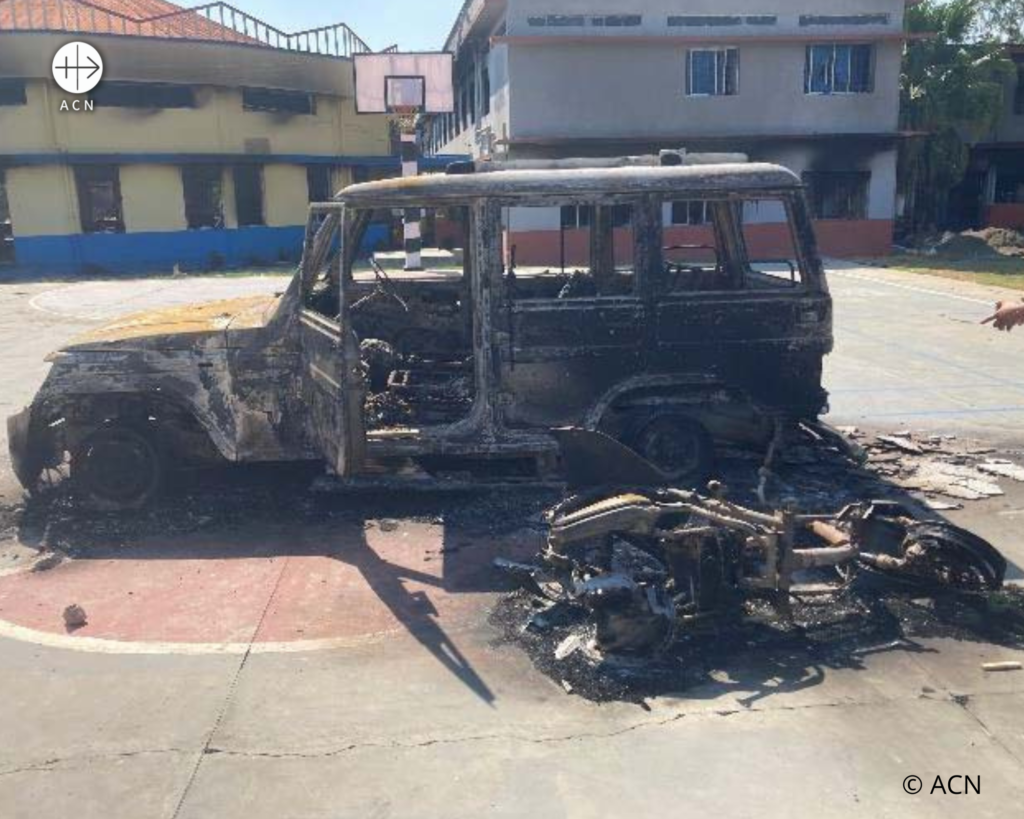
Electoral manipulation
The Indian bishop who spoke to ACN says that the main issue behind all this is the upcoming general election. “Elections are due next April, all over India, and so the Hindu nationalists want to terrorize people before that. They will use pressure against Christians and Muslims, and then try to win over the Hindus because of that. But I hope it doesn’t work,” he said.
At the same time, the prelate refused any generalization of Indian Hindus, saying that “90% of them are really excellent people. That is why we have hope that things will not go that way. The vast majority do not agree with what is happening, but they are afraid to say it, because it will get them into trouble.”
Manipur has a history of ethnic tension between the mostly-Hindu Meiteis and the Christian Kuki and Naga tribes. The latter tribes are recognized by the government as being part of underprivileged minorities, and therefore benefit from special treatment, including access to land reserved for tribals. The Meiteis have recently been demanding the same privileges, but the Kukis are opposed, as it would open up their homelands to occupation. This led the members of the Meitei group to go on a rampage that began with a hunt for members of the Kuki community, but quickly led to attacks on Christian places of worship, schools, and other buildings.
According to the bishop, the Church is waiting for the situation on the ground to normalize slightly before being able to ascertain what ACN can do to help the victims. But meanwhile, all people of good will are asked to pray. “Pray for these people, and especially in the upcoming months. I am sure God will bring some good from this, because the good Meiteis will realize that they were manipulated and made to hate others. I am sure of that,” the bishop said.

